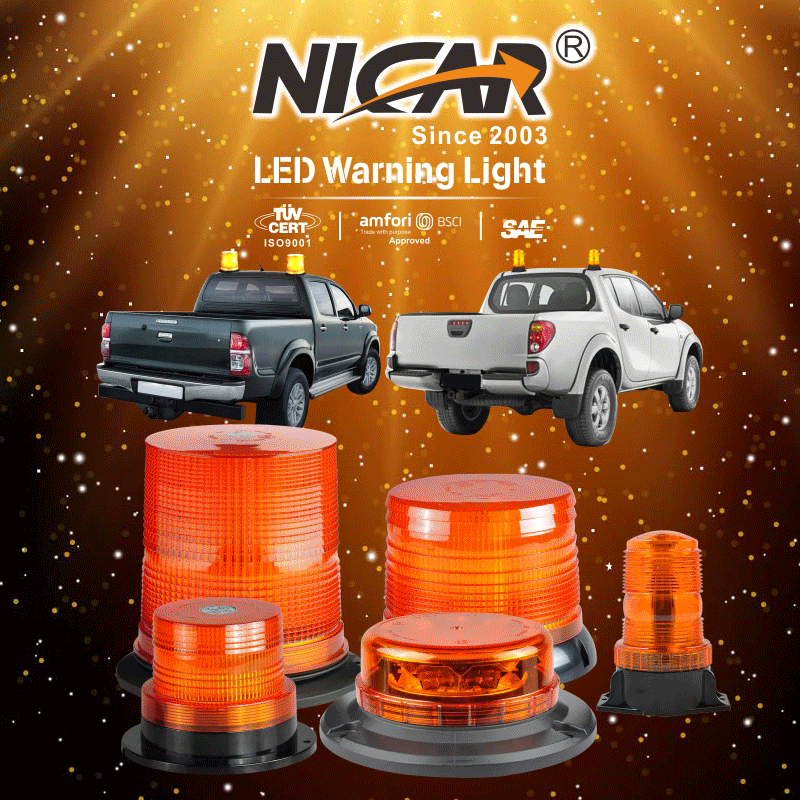Email format error
Email cannot be empty
Email already exists
6-20 characters(letters plus numbers only)
The password is inconsistent
Email format error
Email cannot be empty
Email does not exist
6-20 characters(letters plus numbers only)
The password is inconsistent


In today's rapidly evolving technological landscape, beacon technology stands out as a beacon of innovation, offering exciting possibilities for businesses and consumers alike. In this article, we delve into the world of beacon technology, exploring its definition, applications, benefits, challenges, future trends, and practical considerations for implementation.
Beacon technology, at its core, involves small, wireless devices that transmit signals to nearby smart devices using Bluetooth Low Energy (BLE) technology. These signals are then utilized by compatible applications to trigger location-based actions or provide relevant content to users. The development of beacon technology traces back to the early 2010s, with Apple's introduction of iBeacon technology, followed by Google's Eddystone protocol, which expanded the possibilities of beacon applications.
The versatility of beacon technology is showcased through its wide range of applications across various industries. In retail, beacons enable proximity marketing strategies, delivering personalized offers and promotions to shoppers based on their location within a store. In addition, beacon technology facilitates indoor navigation and wayfinding in complex environments such as shopping malls, airports, and museums. Moreover, it plays a crucial role in asset tracking and management, allowing businesses to monitor the movement and utilization of valuable resources in real-time.
One of the primary advantages of beacon technology is its ability to enhance customer engagement and experience. By delivering relevant content and offers directly to users' smartphones, businesses can create personalized interactions that resonate with their target audience. Furthermore, beacon technology enables operational efficiency by streamlining processes such as inventory management and staff scheduling. Real-time analytics provided by beacon systems offer valuable insights into customer behavior and preferences, empowering businesses to make data-driven decisions.
Despite its numerous benefits, beacon technology also poses certain challenges and limitations. Privacy concerns and data security risks are paramount, as beacon signals can potentially track users' movements without their explicit consent. Moreover, integration and compatibility issues may arise when deploying beacon systems across different devices and platforms. Maintenance and battery life are additional considerations, as beacon devices require periodic upkeep and may drain smartphone batteries if not optimized effectively.
Looking ahead, beacon technology is poised for continued growth and innovation. Advances in beacon hardware and firmware promise improved reliability and performance, while integration with emerging technologies such as the Internet of Things (IoT) and artificial intelligence (AI) opens up new possibilities for interconnected ecosystems. Standardization efforts and interoperability will play a crucial role in ensuring the seamless integration of beacon technology across diverse applications and industries.
For businesses considering the implementation of beacon technology, careful planning and consideration are essential. This includes selecting suitable beacon hardware and software solutions, designing an effective deployment strategy, and ensuring proper installation and configuration. Testing, monitoring, and optimization are ongoing processes that require diligence and attention to detail, while training and education for stakeholders are essential for maximizing the benefits of beacon technology.
Numerous real-world examples highlight the effectiveness of beacon technology in various contexts. In retail, companies like Macy's and Target have successfully implemented beacon-based marketing campaigns, driving increased foot traffic and sales. Similarly, hospitality brands such as Marriott International have utilized beacon technology to enhance the guest experience, offering personalized recommendations and streamlined check-in processes.
In conclusion, beacon technology represents a transformative force in the digital landscape, offering unparalleled opportunities for businesses to engage with their customers and streamline operations. By understanding the applications, benefits, challenges, and future trends of beacon technology, businesses can harness its potential to navigate the future successfully. Embracing beacon technology is not just about adopting the latest trend; it's about embracing innovation and staying ahead in an increasingly competitive market landscape. As we embark on this journey into the future, beacon technology will undoubtedly continue to illuminate our path forward.